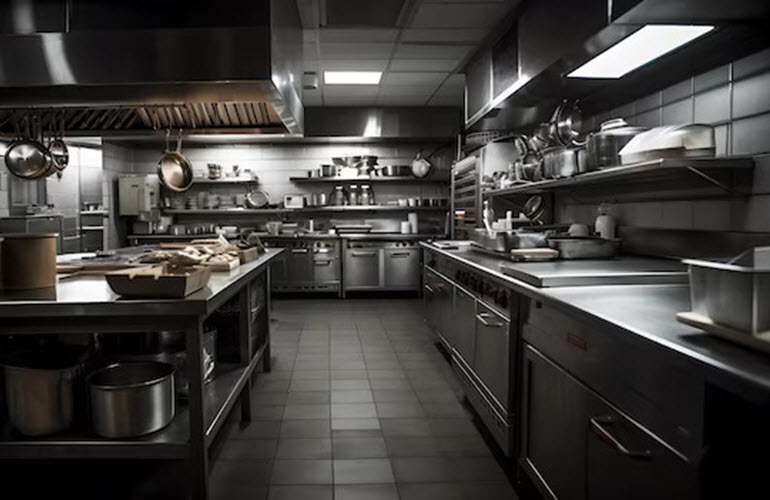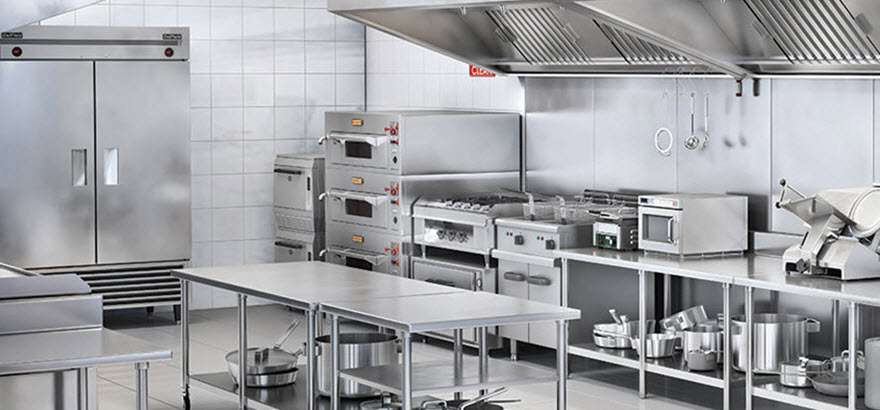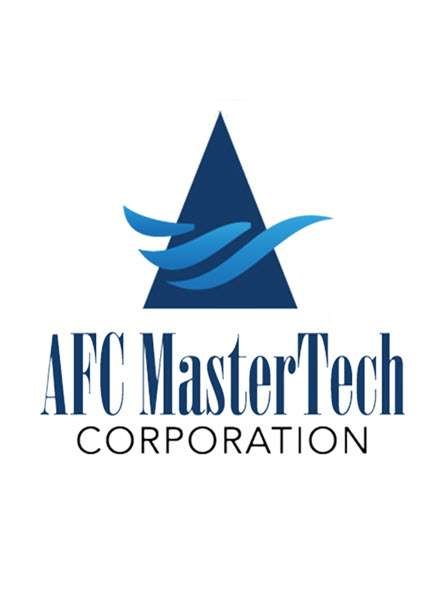In the bustling world of the foodservice industry, commercial kitchen equipment stands as the unsung hero, working tirelessly behind the scenes to ensure that every meal is prepared to perfection. The excellence of this equipment is not only critical for the quality and consistency of dishes but also for the efficiency and success of a foodservice establishment. In this article, we’ll delve into the various facets of commercial kitchen equipment that contribute to its excellence and the vital role it plays in the culinary world.

1. Precision and Control
Commercial kitchen equipment is designed with precision in mind. From ovens and stovetops to grills and fryers, these appliances offer precise temperature control and cooking settings. This precision is essential for chefs to execute their culinary visions with consistency, ensuring that each dish meets the highest standards.
2. Durability and Reliability
The demands of a commercial kitchen are relentless. High-quality commercial kitchen equipment is built to withstand the rigors of constant use. Durability and reliability are not just desirable traits; they are imperative to minimize downtime, reduce maintenance costs, and keep kitchen operations running smoothly.
3. Efficiency and Speed
In a fast-paced kitchen, time is of the essence. Commercial kitchen equipment is engineered for efficiency and speed. Appliances like high-speed ovens and rapid cookers allow chefs to prepare dishes quickly without compromising on taste or quality. This efficiency is essential for meeting the demands of a busy restaurant.
4. Safety Features
Safety is paramount in a commercial kitchen, and equipment excellence extends to ensuring the well-being of kitchen staff. Modern appliances are equipped with advanced safety features, such as flame detection systems, automatic shut-off mechanisms, and fire suppression systems, which mitigate risks and create a secure cooking environment.
5. Energy Efficiency
As energy costs rise and environmental concerns grow, energy efficiency is a top consideration. Commercial kitchen equipment is designed to minimize energy consumption while maintaining optimal performance. Energy-efficient appliances not only reduce operational costs but also contribute to sustainability efforts.
6. Adaptability and Multifunctionality
Versatility is a prized quality in commercial kitchen equipment. Multifunctional appliances that can perform various cooking tasks in a single unit are becoming more prevalent. These appliances save space, reduce equipment costs, and simplify kitchen workflows.
7. Ease of Maintenance
Easy maintenance is essential to keep kitchen equipment in top working condition. Manufacturers are incorporating user-friendly designs, removable components, and self-cleaning features to simplify maintenance tasks and extend the lifespan of equipment.
8. Consistency in Output
Commercial kitchens must deliver consistent quality to maintain customer satisfaction. Equipment excellence ensures that each meal is prepared with the same precision and consistency, regardless of who is behind the stove. This consistency is vital for building a loyal customer base.
9. Space Optimization
Efficient use of kitchen space is crucial, especially in smaller establishments. Commercial kitchen equipment is designed to maximize space utilization without sacrificing functionality. Compact and stackable appliances, as well as innovative storage solutions, help chefs make the most of their kitchen real estate.
10. Compliance with Regulations
Meeting health and safety regulations is non-negotiable in the food industry. High-quality commercial kitchen equipment is designed with compliance in mind, incorporating features and materials that adhere to food safety standards and local regulations.
In conclusion, the excellence of commercial kitchen equipment is the unsung hero that makes culinary magic happen behind the scenes. Its precision, durability, efficiency, and safety features are the driving forces that enable chefs to create memorable dining experiences. As the foodservice industry continues to evolve, investing in top-notch kitchen equipment is not just a choice but a necessity for culinary excellence, customer satisfaction, and the success of foodservice establishments.






